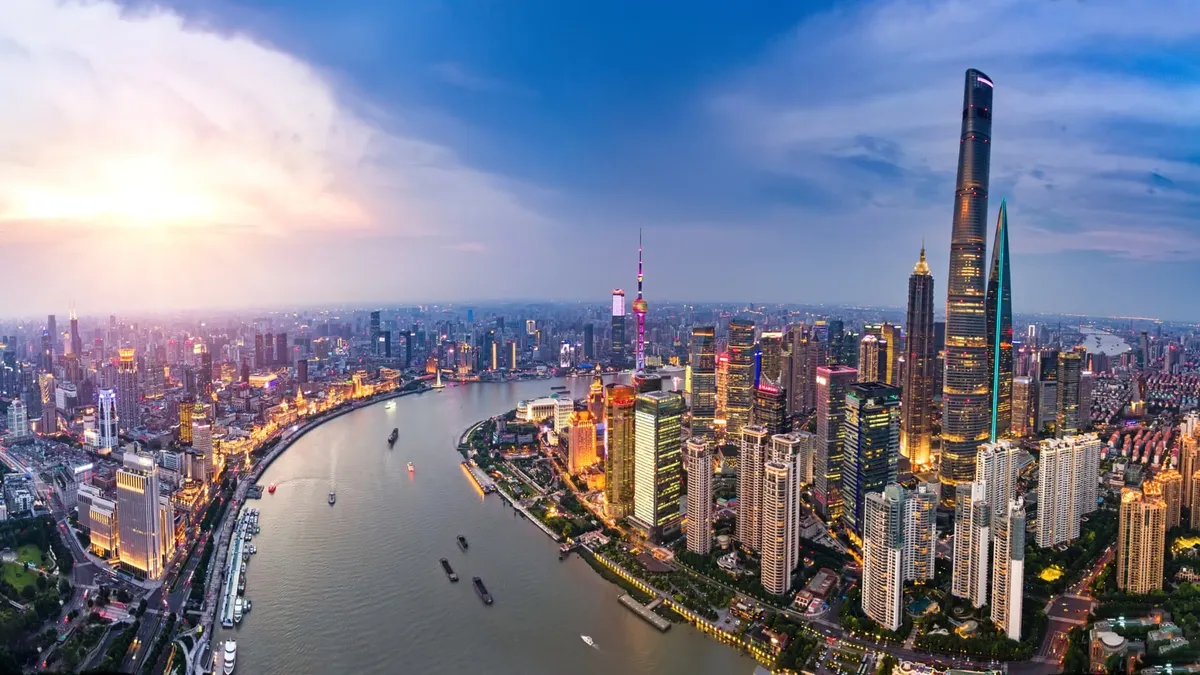
In August 2023, China's economic slowdown intensified, with several key indicators falling short of expectations. This decline can be attributed to persistent weak domestic demand and Beijing's ongoing campaign against industrial overcapacity, which has significantly curtailed production levels.
According to data released by the National Bureau of Statistics on Monday, retail sales in August rose by only 3.4% compared to the same month last year. This figure was notably below analysts' expectations of a 3.9% growth, as forecasted in a Reuters poll, and also marked a decrease from July's growth rate of 3.7%. Furthermore, the growth in industrial output slowed to 5.2% in August, down from a 5.7% increase in July, representing its weakest performance since August 2024, based on data from LSEG.
Fixed-asset investment, reported on a year-to-date basis, saw a mere 0.5% expansion in August, a significant drop from the 1.6% increase observed from January to July. This figure fell short of economists' forecasts for a 1.4% growth. Notably, the contraction in real estate investment has worsened, plummeting by 12.9% over the first eight months of the year. Despite these challenges, investment in the manufacturing and utilities sectors, including electricity and water supplies, rose by 5.1% and 18.8% respectively compared to the previous year.
In August, China's survey-based urban unemployment rate edged up to 5.3%, slightly higher than the 5.2% reported in the previous month. The statistics bureau attributed this increase to the graduation season, highlighting the ongoing challenges in the labor market. They emphasized that numerous unstable and uncertain factors in the external environment continue to pose risks to national economic development.
In light of these challenges, the statistics bureau underscored the necessity of fully implementing macroeconomic policies to stabilize employment, businesses, and market expectations. They called for a focus on deepening reform, opening up, and fostering innovation to ensure steady and healthy economic growth.
Despite the overall economic slowdown, there are signs of resilience in service consumption, particularly in travel, leisure, and transportation. This shift indicates a gradual movement of consumer spending towards services. Notably, retail sales excluding automobile consumption grew by 3.7% in August year-over-year, with rural consumption outpacing urban areas, recording a 4.6% increase.
Fu Linghui, a spokesperson for the NBS, noted during a press conference that it remains difficult to determine whether consumer inflation has reached a turning point. The consumer price index fell by 0.4% from the previous year, while deflation in producer prices has persisted for a third consecutive year. Fu highlighted concerns regarding imported inflation, which could be exacerbated by factors such as a weakening yuan and rising global commodity prices.
Among the categories experiencing significant growth, sales of gold, silver, and jewelry increased by 16.8% year-over-year, while sports and entertainment products saw a rise of 16.9%. Furniture sales also grew by 18.6%. Conversely, the biggest declines in consumption were noted in petroleum, tobacco, and alcohol-related products.
Following the release of these economic indicators, the mainland's CSI 300 index advanced nearly 1%. Market experts, including Zhiwei Zhang, president and chief economist at Pinpoint Asset Management, noted that the slowdown was anticipated, as investors had already predicted weakening growth in the third quarter. Zhang added that while Beijing's fiscal policy might become more supportive, a substantial stimulus package is unlikely unless the economy risks falling short of its 5% growth target.